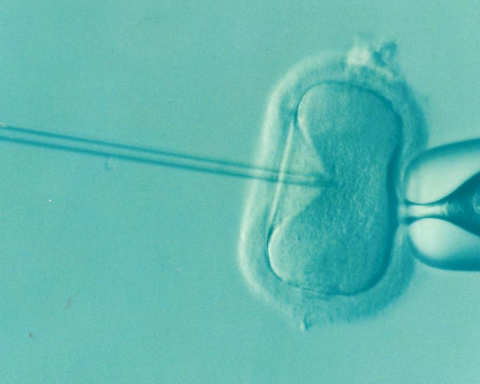By Boris Goldstein, Co-Founder & Executive Chairman at Brain Scientific
COVID-19 is known for its impacts on a patient’s respiratory system, but it has also been found to affect individuals in unique ways and with varying severity levels depending on their age, risk factors, and comorbidities. Several studies have recently shown that the development of neurological conditions and symptoms are prevalent in COVID patients.
Neurologic manifestations, including headaches, myalgias, dizziness, and encephalopathy, occur in most hospitalized COVID-19 patients. According to a recent study published in Annals of Clinical and Translational Neurology, 42% of these symptoms were present at the onset, 62% occurred during hospitalization, and 82% occurred at any time during the disease course. What’s more, within 14 to 90 days of COVID-19 diagnosis, patients with no prior psychiatric history experienced increased incidences of insomnia, dementia, anxiety, and other adverse mental health conditions, according to an Oxford University study.
When conditions like seizures, stroke, and metabolic encephalopathy emerge suddenly in a COVID-19 patient, it can negatively impact treatment outcomes and morbidity rates. Facing evidence that these symptoms are common in COVID patients at all levels of treatment and among those without prior history of neurological conditions, healthcare workers must have access to efficient, disposable testing equipment to perform EEGs and brain scans in hospital and urgent care settings.
Ease of Use
The most emergent neurological cases will always require complex testing and the involvement of an accredited EEG technician. However, to quickly assess a patient suspected of a neurological condition at intake in an emergency room or urgent care clinic, disposable headsets can be incredibly valuable and enable attending physicians and nurses to react and identify the source of their symptoms rapidly. These headsets feature pre-arranged electrodes and can be easily paired with encephalographs and amplifiers of EEG signals. After roughly five minutes of set-up time, it’s possible to receive results in an average of 20 minutes.
These devices can also be incorporated into standard-of-care at nursing and long-term care facilities, where neurologists are in particularly short supply, but patients are at high-risk for infection and adverse neurological symptoms. Nurse practitioners and physicians can use disposable EEG caps to perform scans and longer-term monitoring of patients in these settings to determine the impact of diseases such as COVID on neurological health and identify the need for intervention of a specialist.
Once first-responding doctors are familiar with how to apply these devices and run a test, a technician’s presence isn’t required for every patient assessment. Doctors are empowered to take informed action based on the scan results. This is crucial during a pandemic such as COVID-19, when every second count and specialists should be reserved for the most urgent cases.
Infection Control
In the current COVID environment, an increased focus is being placed on the sanitation of medical devices. Neurology equipment such as EEG electrodes, which are in direct contact with patients, is no exception. By introducing single-use, disposable EEG headsets, this challenge is eliminated. Healthcare professions can safely dispose of the device after use, reducing the risk of transmission between patients and cutting down on time lost between cases, which can occur when equipment cleaning is performed.
Further, the shortened timeframe and ease of placement brought on by the widespread introduction of disposable EEG caps can help reduce person-to-person transmission between staff and patients. The traditional sensor placement process can take up to 45 minutes, during which time a technician is in close contact with the patient. This creates a serious risk of exposure if the patient is infected with a highly transmissible disease such as COVID-19. After measuring a patient’s head, an EEG cap with pre-arranged electrodes can be placed quickly and efficiently, reducing the time healthcare workers are in close contact with potentially infectious patients, thereby lowering transmission risk.
As healthcare facilities and frontline workers move quickly to address COVID symptoms and provide effective treatment, disposable devices offer a solution to rapidly and safely assess neurological changes in these patients. Disposable EEG headsets are a cost-effective, readily-available solution that can be adopted for widespread use in these facilities during the current pandemic and moving forward to help healthcare workers gain a quick, reliable picture of a patient’s condition and receive treatment insights.
Boris Goldstein is Co-Founder & Executive Chairman at Brain Scientific, a commercial-stage healthcare company providing next-gen solutions to the neurology market.






